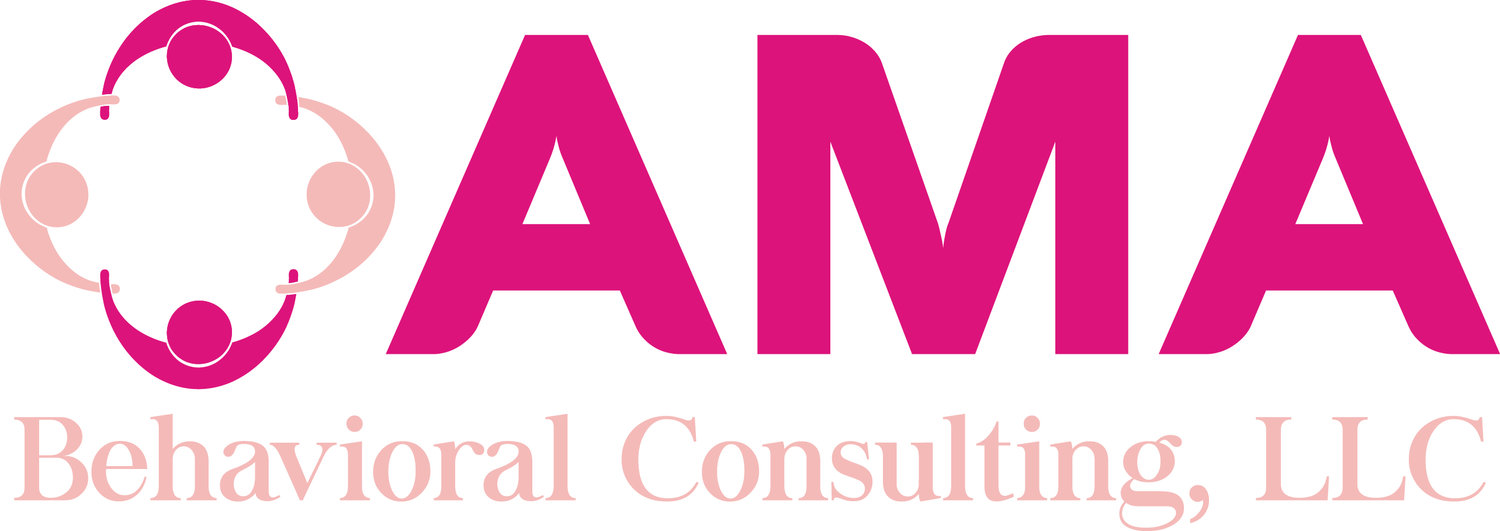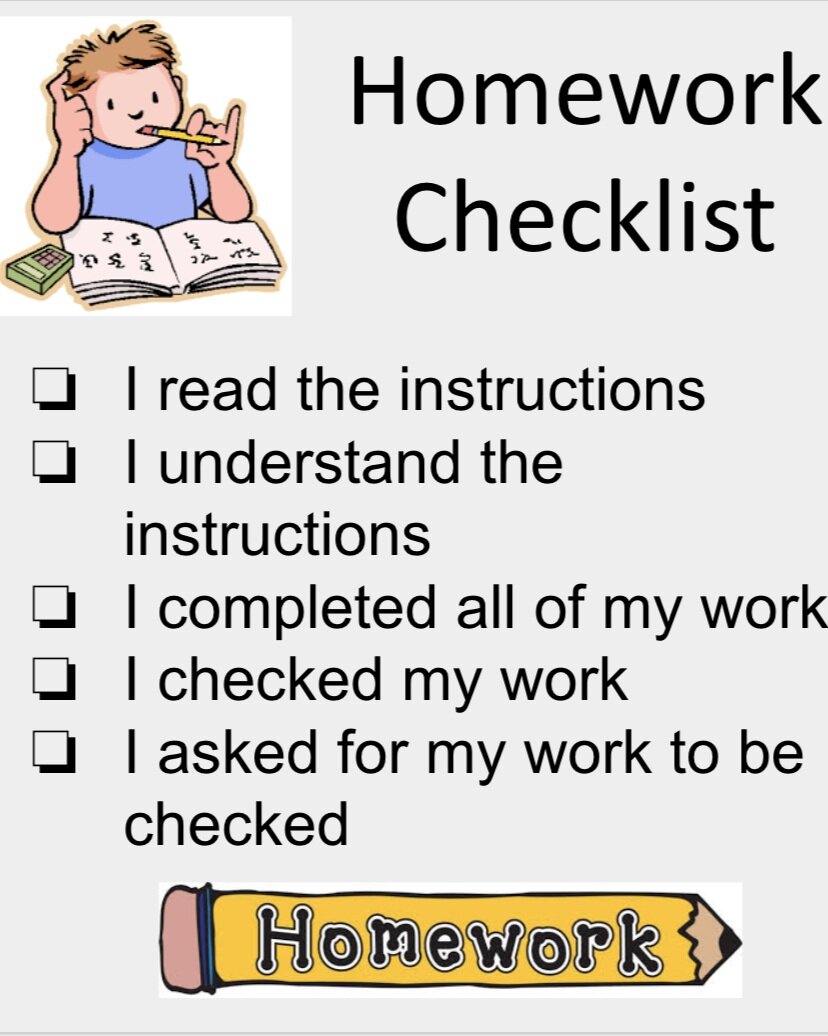Can ABA Help My Child with ADHD?
/Read Time: 5 Minutes
Can ABA help your child with ADHD?
Research shows that ABA therapy is evidence-based therapy that can help other diagnoses including ADHD. Research shows that a combination of ABA therapy and medication can make significant changes in a child’s behavior.
Oftentimes, we’ve worked with children who engage in behaviors that may seem “impulsive”, “off-task” and “disruptive” to others in their environment. From our experience, some of these behaviors typically have a reasoning as to why they're occurring. Sometimes the learner may be engaging in these behaviors because they cannot communicate their wants and needs. Sometimes these learners cannot concentrate on their tasks because they are distracted by something in their environment. Sometimes these learners don’t realize they are being disruptive with their actions to others around them.
Step right up Applied Behavior Analysis (ABA)! What do we do in these types of situations? One of our primary goals in ABA is to provide our learners with the tools to help them advocate for themselves. We teach our learners to request for needs and wants appropriately instead of being impulsive and grabbing whatever they may need (be it materials or someone's attention).
We observe the learner in their natural environment and analyze the patterns of their behaviors. We conduct in depth analysis of their environment to determine what could be distracting them in times that they are off-task. We add tools to help them cope in environments that may be overstimulating to them.
We provide our learners with tools to teach them recognize the behaviors they are engaging in and then help them correct this behavior (should it need to be corrected). One of our learners had a very challenging time completing tasks that involved more than 1 step (i.e. homework). We created a visual support to help with the completion of these steps. We then taught him self-management strategies to keep himself on track and complete these tasks from start to finish. An example of this program can be found below. We also taught this learner to track his “on-task” behavior using a vibrating timer at every 3 minute interval. When the timer went off, he had to evaluate his current actions and label if he was on or off task. Depending on the current action, he would either continue working OR redirect himself to the task he was supposed to be engaging in. This strategy was taken from Finn et al in 2014.
In summary, ABA can be of immense help in helping your child with ADHD. Board Certified Behavior Analyst will evaluate your child’s current skill set, help create programs to help them develop the skills they need to communicate and teach any replacement or self-management behaviors to help them in the most challenging times of their day. Give us a call to learn more about how we can help!
Resource:
Finn, Lisa & Ramasamy, Rangasamy & Dukes, Charles & Scott, John. (2014). Using WatchMinder to Increase the On-Task Behavior of Students with Autism Spectrum Disorder. Journal of autism and developmental disorders. 45. 10.1007/s10803-014-2300-x.




